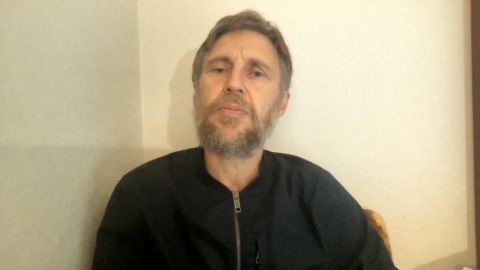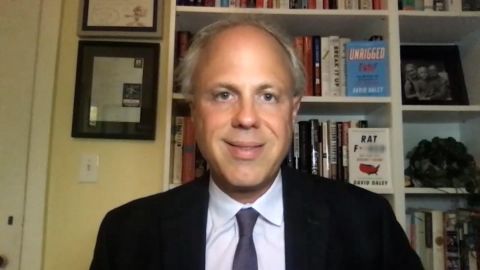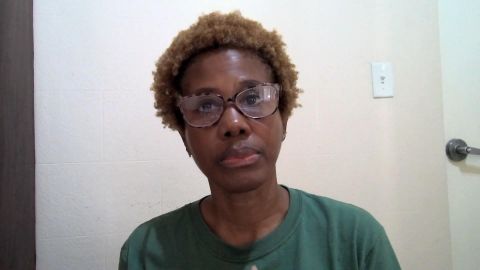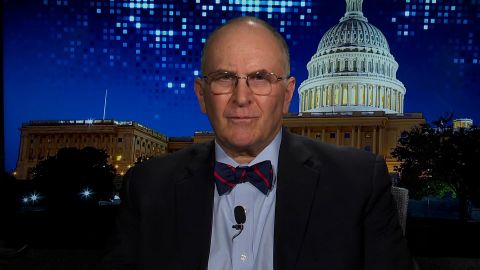Read Transcript EXPAND
BIANNA GOLODRYGA: So let’s begin with what the president just said last month, and that is that a withdrawal from Afghanistan would be orderly, deliberate and safe. What we have seen over these past few days is anything but that. Then you have the president saying yesterday that this chaos was inevitable. Was it?
ELIOT COHEN, FORMER STATE DEPARTMENT COUNSELOR: Well, I think a certain degree of chaos probably was inevitable. There are two different issues here. One is the decision to go for a full, complete withdrawal. The other is the execution of it. But I think what you saw happen here was wishful thinking, which is one of the most dangerous things you can do in government, thinking that the things that you want to be true really are true. And I don’t think hanging the intelligence community out to dry gets the leadership off the hook. The way the intelligence community works, they give you a range of possibilities. And I’m sure that one of those possibilities was chaos. But, ultimately, the people paid to make judgments about what’s likely are political — senior political and military leaders. And that really does start with the president. And, there, there was just a terrible, terrible failure.
GOLODRYGA: And on the issue of whether there should have remained at least some, a few thousand boots on the ground, U.S. troops on the ground there, the president caused even more confusion by suggesting that his military advisers had not suggested that there should be a few thousand to 2, 500, maybe 3,000, when there had been many reports that that is, in fact, what transpired and that was the case. What do you make of that?
COHEN: Well, I think one of the things that has just been so disheartening about this is, the president getting on television saying, the buck stops here, and then proceeding to cast blame on everybody else other than himself. The fact is, and from all the reports, his military advisers were unanimous about the importance of keeping some kind of force on the ground, particularly as you conduct this evacuation. Ultimately, the responsibility falls on political leaders. I think he just didn’t want to believe that this was going to happen. And I also think that — and you saw this in a way with the tone of the speech — it was probably pretty hard for senior advisers to look him squarely in the eye and say, Mr. President, I know you don’t want to believe this. I know this will disconfirm your fundamental convictions. But this is really the kind of danger that you’re running. And when you have that kind of attitude, you get things like the — really, the display of fecklessness that we have seen here today.
About This Episode EXPAND
Eliot Cohen; Michael Semple; Margarett Lubin; David Daley
LEARN MORE



